
The Devil Never Sleeps
Learning to Live in an Age of Disasters
Recommendation
You live in an age of disasters. The 2008 financial meltdown and the COVID-19 pandemic were both disasters, as are cyberattacks, wildfires, droughts and myriad natural catastrophes. The list is literally endless. People typically consider a disaster as a discrete event with dire consequences. But, warns author Juliette Kayyem, disasters aren’t improbable, one-off events; at this point, they are practically the norm. Disasters and the tragedies they cause may not be avoidable, but with the right planning and preparedness, people can minimize disasters’ consequences.
Summary
About the Author
Juliette Kayyem, a specialist in crisis management, disaster response and homeland security, serves on the faculty at Harvard’s Kennedy School of Government and is Faculty Chair of the Homeland Security project. She is also a national security analyst for CNN and the author of Security Mom: An Unclassified Guide to Protecting Our Homeland and Your Home.








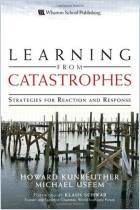
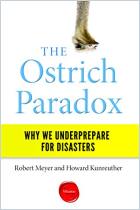
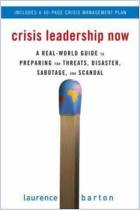
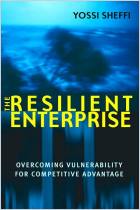
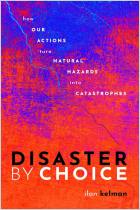
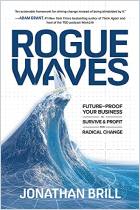

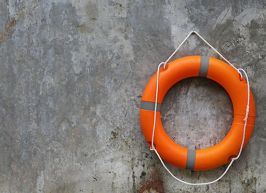

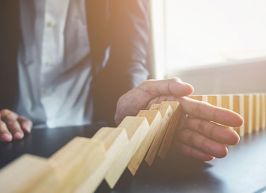
Comment on this summary or Démarrer une discussion